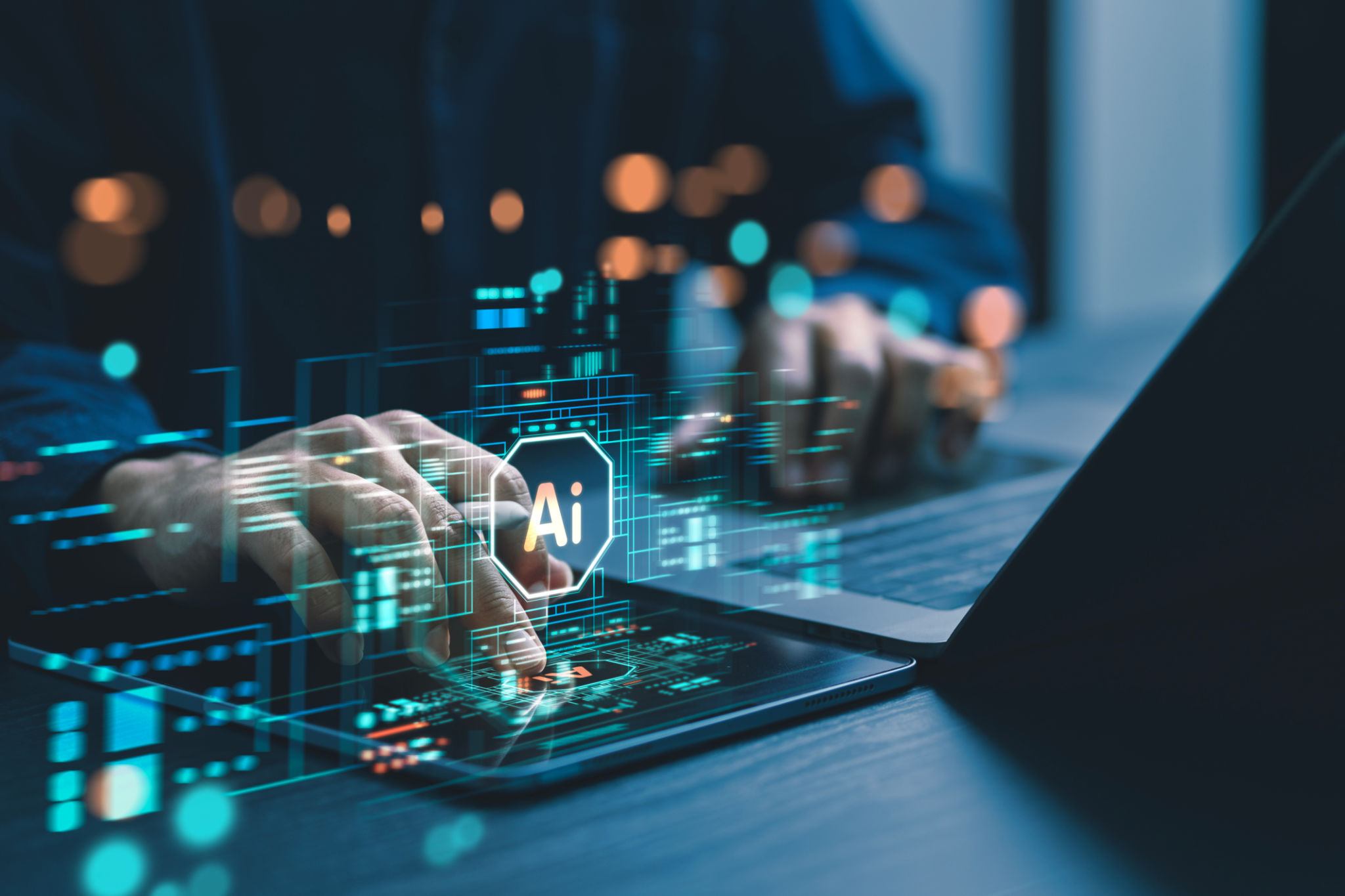Common Misconceptions About Artificial Intelligence: Debunked by RIO Experts
Introduction to AI Misconceptions
Artificial Intelligence (AI) has rapidly evolved from a concept in science fiction to a transformative technology impacting various industries. Despite its growing presence, numerous misconceptions about AI persist. These misunderstandings can hinder progress and stoke unnecessary fear. Here, RIO Experts aim to debunk some of the most common myths surrounding AI.

AI Will Replace All Human Jobs
A prevalent misconception is that AI will lead to widespread unemployment by replacing all human jobs. While AI systems excel at automating repetitive tasks, they also create new opportunities. For instance, AI requires skilled professionals for development, maintenance, and oversight. Instead of replacing jobs, AI often augments human capabilities, leading to increased productivity and innovation.
Moreover, industries such as healthcare, customer service, and logistics benefit from AI by improving efficiency and accuracy, thus allowing humans to focus on more creative and complex problem-solving tasks.
AI Can Think and Feel Like Humans
Many people believe that AI systems have the ability to think and feel like humans. In reality, AI operates based on algorithms and data inputs; it does not possess consciousness or emotions. While advanced AI can mimic certain human-like interactions through natural language processing or machine learning, it lacks true understanding and empathy.

This distinction is crucial as it helps manage expectations regarding what AI can realistically achieve. By understanding AI's limitations, we can better harness its capabilities without attributing human qualities to machines.
AI Is Infallible
Another myth is that AI is infallible and produces perfect results. However, AI systems are only as good as the data they are trained on. If the input data is biased or flawed, the AI's outputs will reflect these imperfections. This highlights the importance of responsible data management and ethical AI development.
AI mistakes can have serious consequences, especially in critical areas like healthcare or autonomous driving. Therefore, it's essential to maintain a critical eye and continually improve AI systems through rigorous testing and validation.

AI Development Is Out of Control
There is a common fear that AI development is advancing uncontrollably, leading to potential risks for society. In reality, AI research and development are subject to regulations and ethical guidelines aimed at ensuring safe and beneficial outcomes. Organizations worldwide are collaborating to create frameworks that prioritize transparency and accountability in AI applications.
By fostering open dialogue between technologists, policymakers, and the public, we can guide AI development to align with societal values and address potential challenges proactively.
Conclusion
Dispelling these misconceptions is crucial in creating a balanced understanding of AI's capabilities and limitations. By separating fact from fiction, we can better embrace the transformative potential of AI while addressing legitimate concerns with informed strategies. RIO Experts are committed to educating the public on these issues, ensuring that AI continues to be a force for positive change.